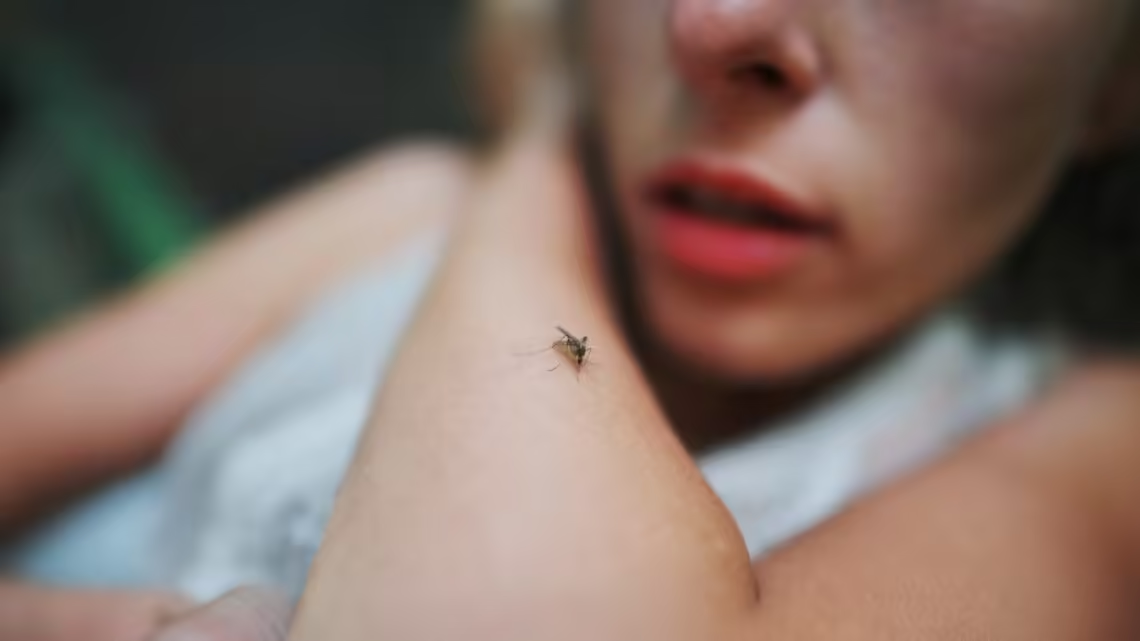Nityzinon, best known as a drug used to treat rare metabolic diseases such as tyrosinemia type 1, has recently gained the attention of scientists for its potential use in combating mosquito-borne diseases. A study published in Science Translational Medicine indicates that the blood of people taking nityzinon becomes toxic to mosquitoes, opening up new possibilities in the prevention of malaria and other tropical diseases.
Nitisinone acts as an inhibitor of the enzyme 4-hydroxyphenylpyruvate dioxygenase (HPPD), which prevents the accumulation of harmful tyrosine metabolites in the patient’s body. In the case of mosquitoes, ingestion of blood containing nitisinone leads to the blocking of the same enzyme, which prevents them from digesting blood properly and results in their rapid death.
Comparison with other mosquito control methods
Previous methods of controlling mosquito populations have included the use of ivermectin, an antiparasitic drug that shortens mosquito lives when ingested by them. However, ivermectin is toxic to the environment, and its overuse increases the risk of developing drug resistance. Nitisinone, unlike ivermectin, shows less neurotoxicity and appears to be more environmentally friendly.
Availability and cost of nityzinon
Currently, nityzinon is a relatively expensive drug, with a price exceeding PLN 1,000 per pack. In Poland, it is reimbursed for patients with certain medical indications. Increased demand for nityzinon in the context of its potential use in the control of mosquito-borne diseases could reduce production costs and increase the availability of the drug.
It is important to note, however, that while the results of the study are promising, further analysis is needed on the safety and efficacy of nityzinon in the new application, as well as its impact on ecosystems and other organisms.







